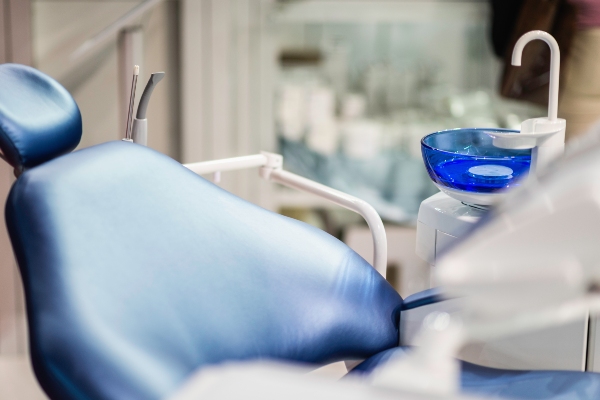 Dental crowns are one of the most well-known dental restorations. Most people have some idea of what dental crowns are. However, if you have never had one and this is your first time getting one, you may have many questions about what to expect. Here are some frequently asked questions about dental crowns that will help familiarize you with this common restoration.
Dental crowns are one of the most well-known dental restorations. Most people have some idea of what dental crowns are. However, if you have never had one and this is your first time getting one, you may have many questions about what to expect. Here are some frequently asked questions about dental crowns that will help familiarize you with this common restoration.
Frequently asked questions about dental crowns
What is a dental crown?
Dental crowns are tooth-shaped and custom-made caps that dentists use to restore teeth damaged by trauma or decay. When a tooth is damaged in an accident, gone through a root canal treatment, or severely compromised due to a cavity, a dental crown can protect and save the tooth so it does not have to be pulled and replaced by a denture or implant. These restorations are made in dental labs from possible materials such as tooth-colored resin, porcelain, zirconia, metal, or a combination of materials.
Why do I need a dental crown?
Many people need a dental crown to save a tooth that might otherwise need extraction. For example, a crown can save a tooth so extensively damaged that a filling or bonding will not be enough to repair it. Also, crowns often reinforce root canal-treated teeth, keeping them functional and helping protect them from future decay. Crowns can also serve cosmetic purposes and cover teeth that are heavily worn, discolored, or misshapen.
What type of dental crown will I get?
The dentist will usually recommend a particular type of dental crown based on the location in the mouth and the patient’s needs and personal concerns. For example, if the crown is placed toward the back of the mouth where aesthetics is not that big of an issue, the dentist may recommend a metal crown because it is stronger. However, if the patient wants the crown to blend in with the other teeth, porcelain or tooth-colored composite resin may be a better option.
How much time should I allow for the process?
Typically, getting a dental crown takes two appointments. The first appointment is longer because the tooth must be treated and shaped to accommodate the crown. Then, the dentist takes an impression of the tooth before sending it to a lab where they will create the crown. The crown is placed during a second appointment when the dentist confirms the fit and cements it in place. Therefore, the patient should plan for two separate appointments, the first taking about an hour and the second about half that time.
How do I care for my tooth between the first and second appointments?
The dentist will give the patient instructions specific to their situation. However, a patient may be given a temporary crown to protect the tooth and keep it functional until the permanent crown is ready. It is important to try and chew on the side of the mouth away from the crown. Try to avoid hard or sticky foods and be careful when cleaning around the treated tooth.
What should I do after the procedure?
Avoid all chewing after the procedure until the anesthetic wears off. For the first couple of days, avoid eating on the side of the mouth opposite the crown, and continue avoiding hard or sticky food. Be careful when cleaning around the crown, and rinse the area with warm salt water to keep it clean and reduce inflammation. Over-the-counter pain relievers should be enough to manage any discomfort. You will have a follow-up appointment with the dentist to check on the status of the crown. However, if anything unusual happens or there are signs of infection, call the dentist immediately.
Dental crowns save teeth
If you have never had a dental crown and are nervous about the procedure, know that you are in good hands with the dental team at Rondev Dental Center. Our skilled team will keep you comfortable as we restore your teeth. If you have any further questions about the procedure or dental crowns, do not hesitate to call.
Request an appointment or call Oro Valley Family Dentistry at 520-833-5261 for an appointment in our Tucson office.
Related Posts
Dental crowns are a popular option for restoring a smile, but they offer more benefits than you may know. A dental crown is a customized, tooth-shaped cap placed over a damaged or compromised tooth to help its shape, size, appearance, and strength. Discover common signs indicating a dental crown is right for you.A dental crown…
Dental crowns may be the final touch after a root canal treatment. This therapy is your dentist’s effort to keep your teeth intact. It aims to remove the source of pain and infection. In some patients, extra tooth protection is necessary after a root canal. Here are the details about when dental crowns are necessary…
Dental veneers or dental crowns may be viable solutions to improve your teeth's appearance and functionality. These cosmetic dental treatments offer different approaches and benefits while addressing various dental issues. Discover which of these two transformative options is most suitable for you.Dental veneers are thin porcelain or composite resin shells that the dentist will custom-design…


